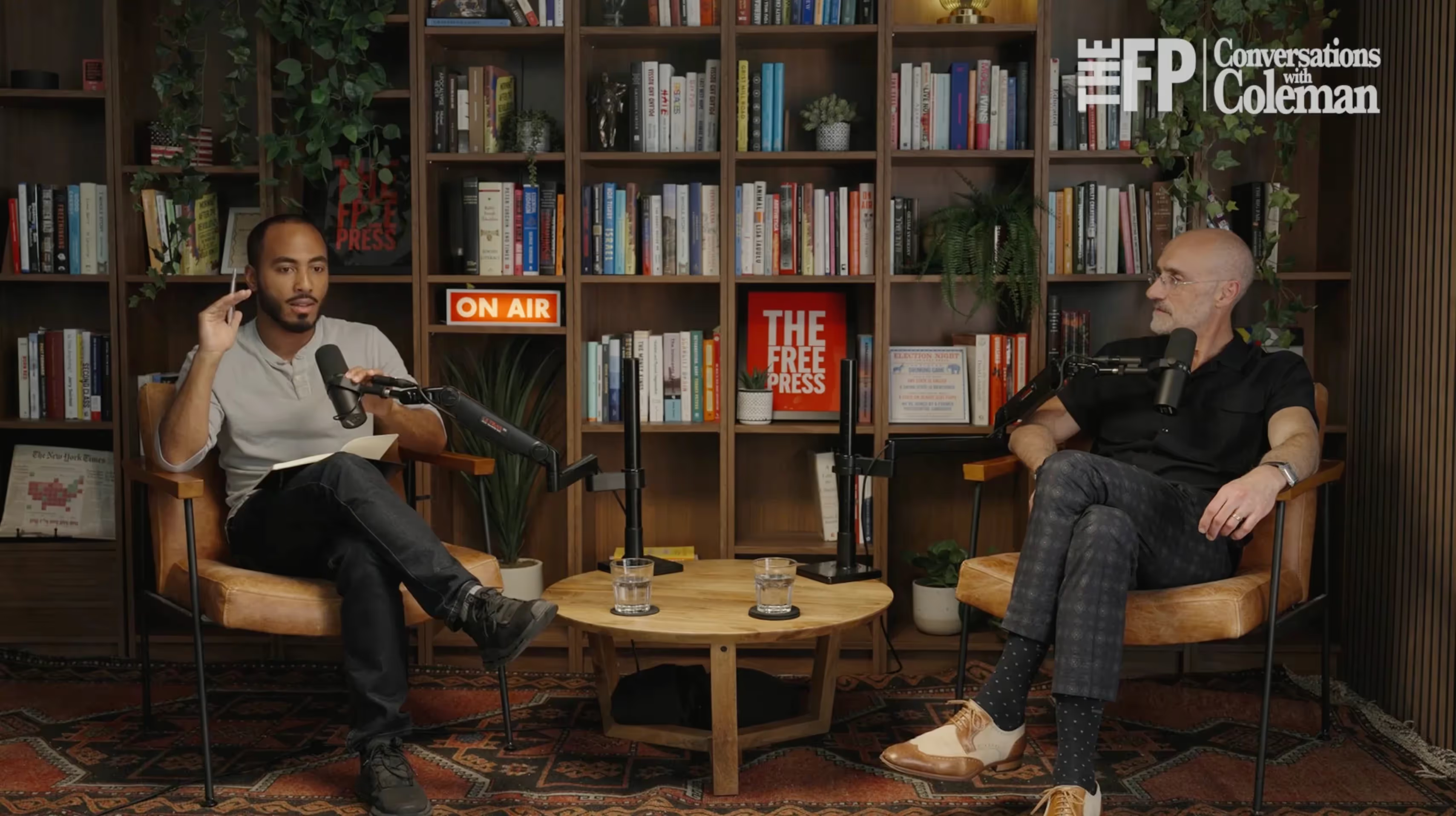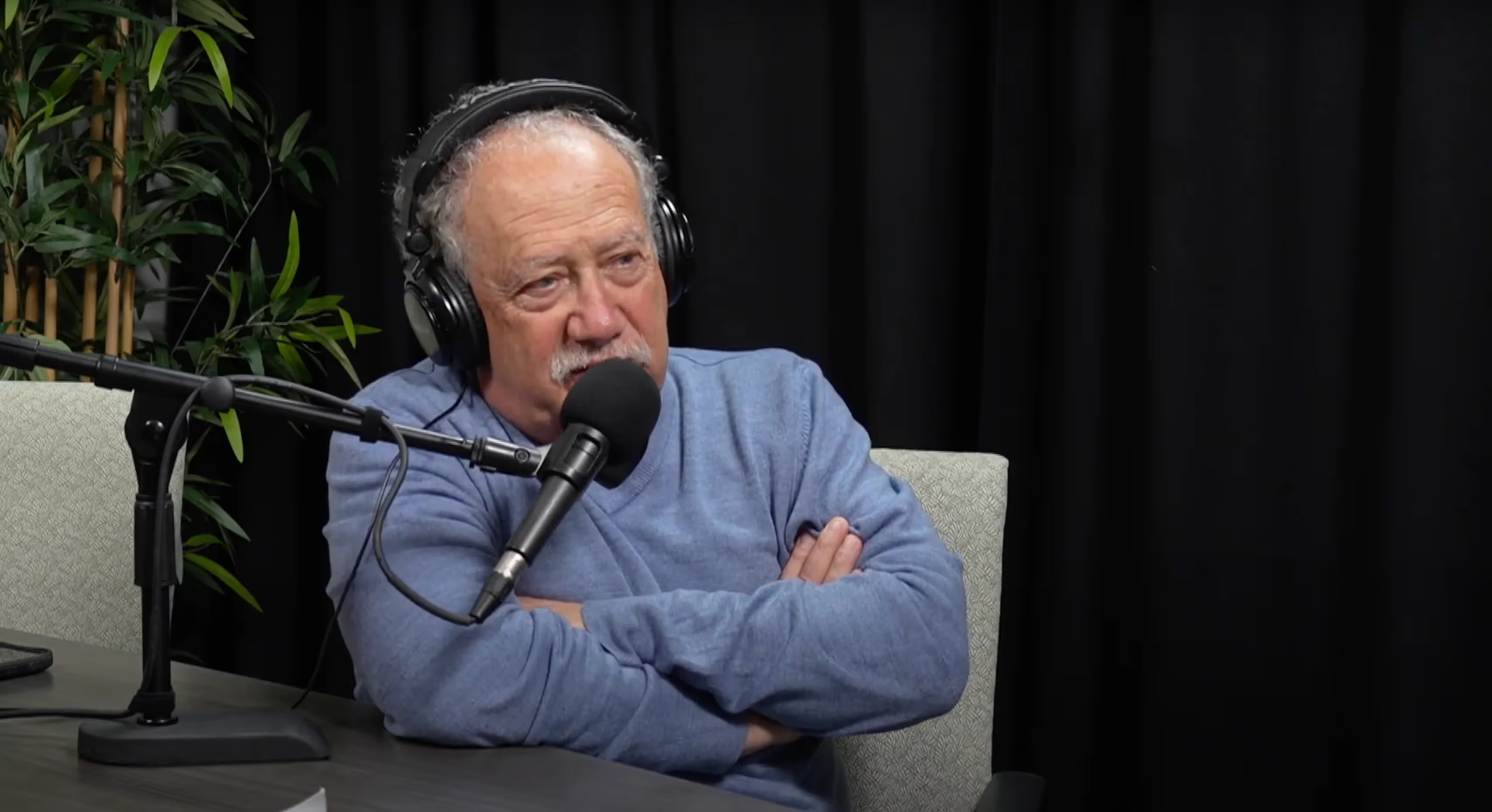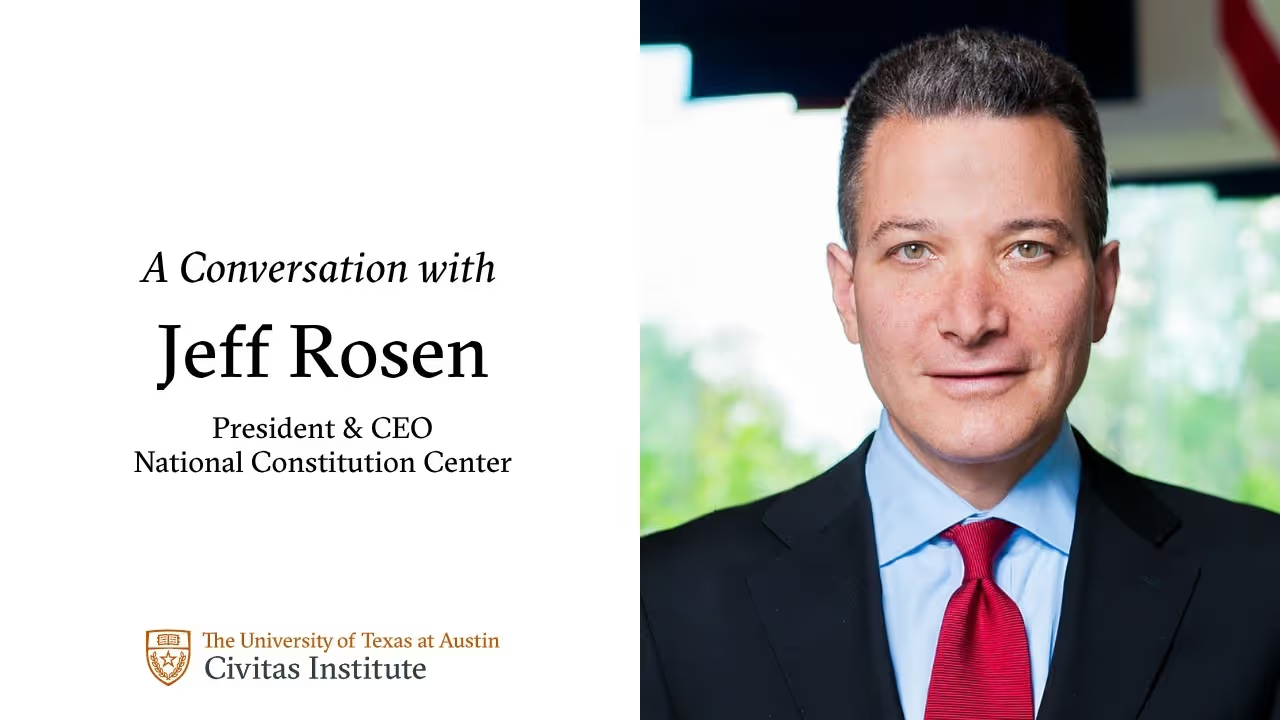
Assessing the Wreckage of Affirmative Action
Richard Epstein reviews "The Affirmative Action Myth: Why Blacks Don't Need Racial Preferences to Succeed" by Jason L. Riley.
Without question, Jason Riley is one of the most prominent black journalists in the United States, rightly known for his weekly columns in the Wall Street Journal. On a consistent basis, he shrewdly dissects the nostrums of many authors, both black and white, who assert that the road to a successful future in race relations depends on implementing a steady stream of programs whose factual predicate is that systematic racism in the United States going back to 1619 has created a toxic environment that now calls for the expansion of affirmative action programs in jobs, housing, and education.
The capstone of the program lies in aggressive demands for reparations for the sins, not only of slavery but of all past forms of segregation. These programs bear no relationship to either the $20,000 authorized in 1988 for Japanese Americans interned in World War II, or even the more generous payouts from the West German government to Israel in the aftermath of that war. Instead, by piling improbable assumptions on top of each other, the cash demands easily reach in aggregate 10 to 15 trillion dollars, both before the California legislature and the federal government. So far these programs have gone nowhere in practice, but the issue is sufficiently alive that it is sure to aggravate racial relations in Trump’s second term.
In this debate, Riley, as the steady voice of reason, has done an admirable job of collecting voluminous data from a wide range of reputable sources that goes a long way to refute, decisively in my view, strong claims of white exploitation of black persons by writers like Ta-Nehisi Coates and Nikole Hannah-Jones. Theirs is a dreary DEI narrative that ultimately denigrates both black and white alike, though it still commands wide support in universities and blue states.
Pursuit of Happiness

The Rise of Latino America
In The Rise of Latino America, Hernandez & Kotkin argue that Latinos, who are projected to become America’s largest ethnic group, are a dynamic force shaping the nation’s demographic, economic, and cultural future. Far from being a marginalized group defined by oppression, Latinos are integral to America’s story. They drive economic growth, cultural evolution, and workforce vitality. Challenges, however, including poverty, educational disparities, and restrictive policies, threaten their upward mobility. Policymakers who wish to harness Latino potential to ensure national prosperity and resilience should adopt policies that prioritize affordability, safety, and economic opportunity over ideological constraints.

Exodus: Affordability Crisis Sends Americans Packing From Big Cities
The first in a two-part series about the Great Dispersion of Americans across the country.

The AI Future: Between Certain Doom and Endless Prosperity
AI continues to become more complex and sophisticated, but public policy solutions do not.

The Castle, the Cathedral, and the College
Our civilization struggles to explain why anything should command allegiance beyond preference or power; its remnants echo a grandeur now distant.
.avif)
















